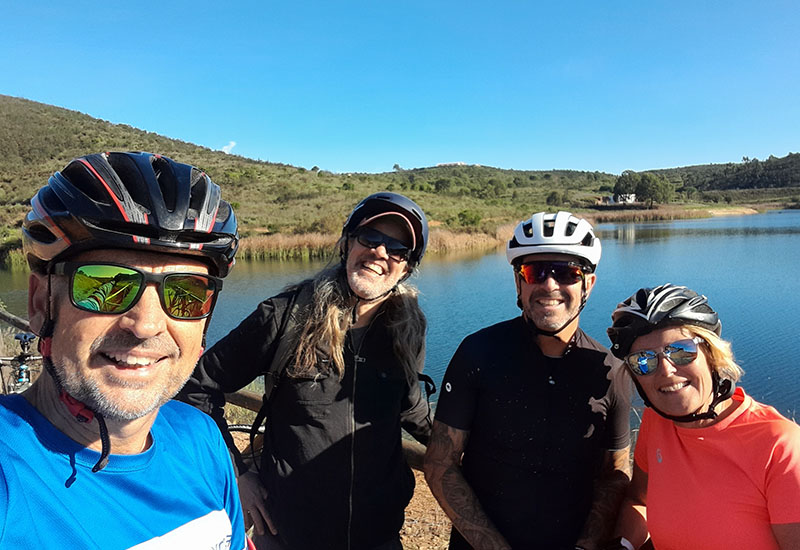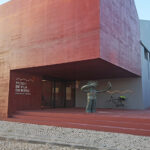Happy New Year! Gilly here, hope you all enjoyed the festivities and are ready for another year of fun-filled MTB. If, like me, you had one or two mince pies too many, you might be thinking about using January to clean up your diet and hit the trails to burn off some of those excess calories. This month I wanted to share some of the things I have learnt about good cycling nutrition and re-setting good habits.
The World Health Organisation recognises that a balanced and healthy diet will vary depending on characteristics such as age, gender, lifestyle and the amount of physical activity you undertake, but there are some basic principles:
Consume at least 400g/5 portions of fibre from fruit, vegetables, lentils, beans, nuts and/or whole grains per day (starchy roots such as potatoes and sweet potatoes don’t count). Try to include fruit or vegetables with every meal, ideally locally sourced and seasonal; where possible, consume raw fruit and veg instead of other snacks.
Take no more than 30% of your total energy intake from fats. Now there are unsaturated fats in fish, avocado, nuts, sunflower, soybean and olive oils, which are preferable to the saturated fats in fatty meat, butter, coconut oil, cream and cheese. Industrially produced trans-fats found in baked and fried foods and pre-packaged snacks and foods should ideally be avoided. Try eating reduced-fat dairy foods and lean meats, where you can steam or bake food instead of frying.
Aim to take less than 10% of total energy intake from sugars, which can be added to foods or drinks by the manufacturer, cook or consumer, as well as sugars naturally present in honey, syrups, fruit juices and fruit juice concentrates – my Christmas downfall!!
If you like to season your food with salt, keep it to less than 5g/one teaspoon per day and remember there can be a lot of salt in pre-packaged foods.
And maintain good hydration (we know about that, don’t we😉).
Think of this as a good sensible framework; then, if you start adding in a few long rides and you need to increase your energy intake, try to keep that within the framework too. From the reading that I have done, cycling nutrition is often split into pre, during and post-riding recommendations (see on the right).
For me, planning is the key. Working a meal plan around my weekly activities, knowing what I am going to eat and shopping for everything in advance will definitely help get me back on track, break the bad habits and improve my performance.
Pre-ride
Always eat pre-ride, ideally an hour before, to give your body time to digest the food (your body works better when it is doing one thing at a time), but not long enough to use up the energy you have consumed. It’s best to eat energy-producing carbohydrates and a little bit of protein which will produce a more gradual and sustained rise in blood sugar and help reduce muscle breakdown. Fried foods are out as fat delays digestion and don’t think high-sugar foods will help give you energy, they may actually make you feel sluggish and the excess sugar will store as fat. Good options include porridge, soaked oats, eggs with avocado on toast, smoothies and fruit juice diluted 50:50 with water.
During
If you intend to bike for longer than an hour, taking on extra carbohydrates will help you to sustain your performance. I know a cake with your coffee stop is very tempting (and let’s face it, we are burning those calories), but a better nutritional option is to pack a banana or energy bar.
Post-ride
Planning ahead for your post-ride recovery, rehydration and nutrition is really important. You should drink little and often to replace lost fluids. Eating within an hour or two of your ride is optimum for restoring blood sugars and repairing muscles when they are more responsive to insulin. A mix of protein and carbohydrates is ideal and good nutritional options include grains, vegetables, lean meats and seafood, milk, yoghurt, and fresh or dried fruits. Real foods are so much better than recovery drinks or pre-packed foods as they contain the fibre, minerals, vitamins, healthy fats and other essential nutrients needed for a good recovery.
As always, I hope to see you out on the trails and if you are part of a local MTB club or group, please get in touch as I am keen to find out more about you for future musings:













